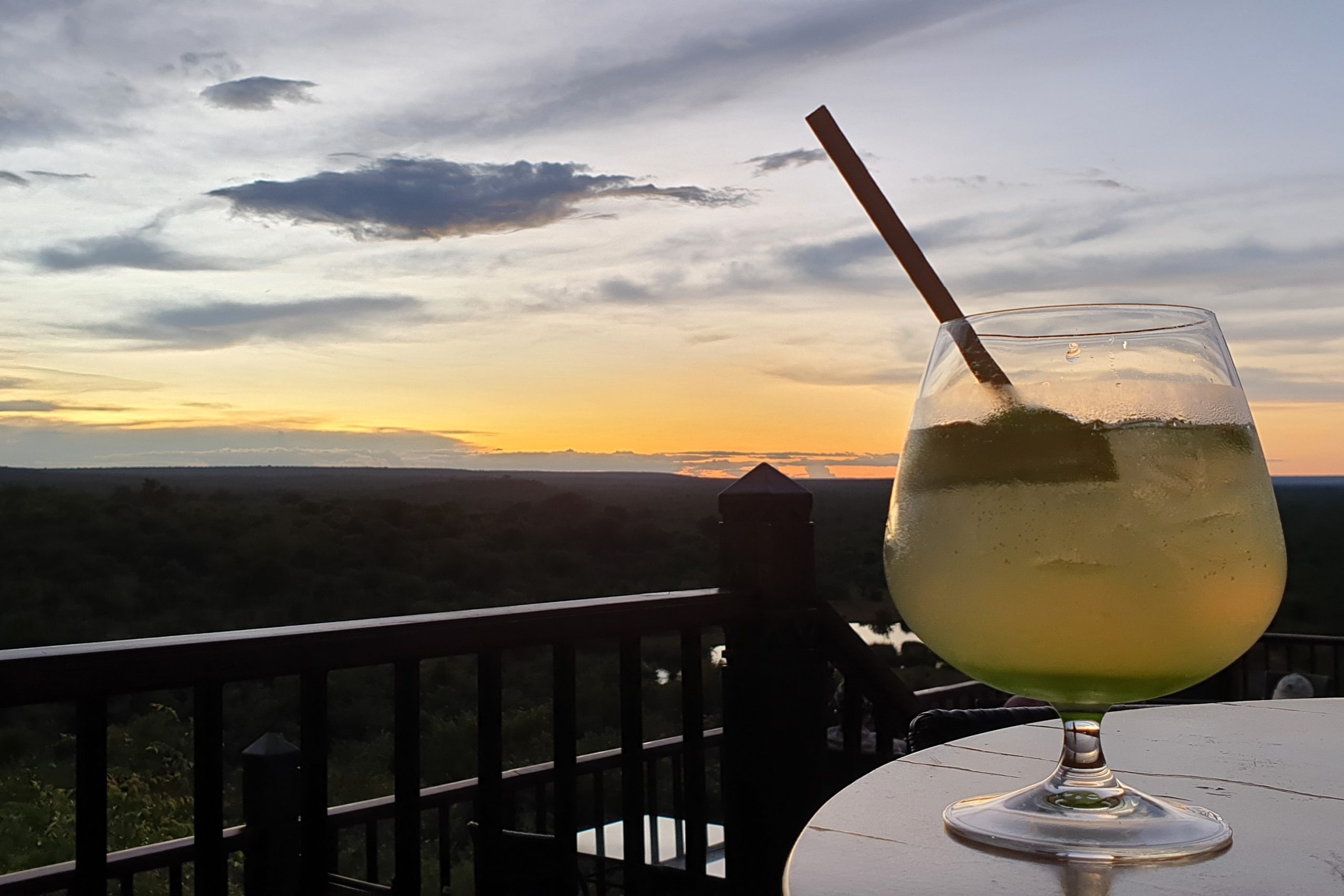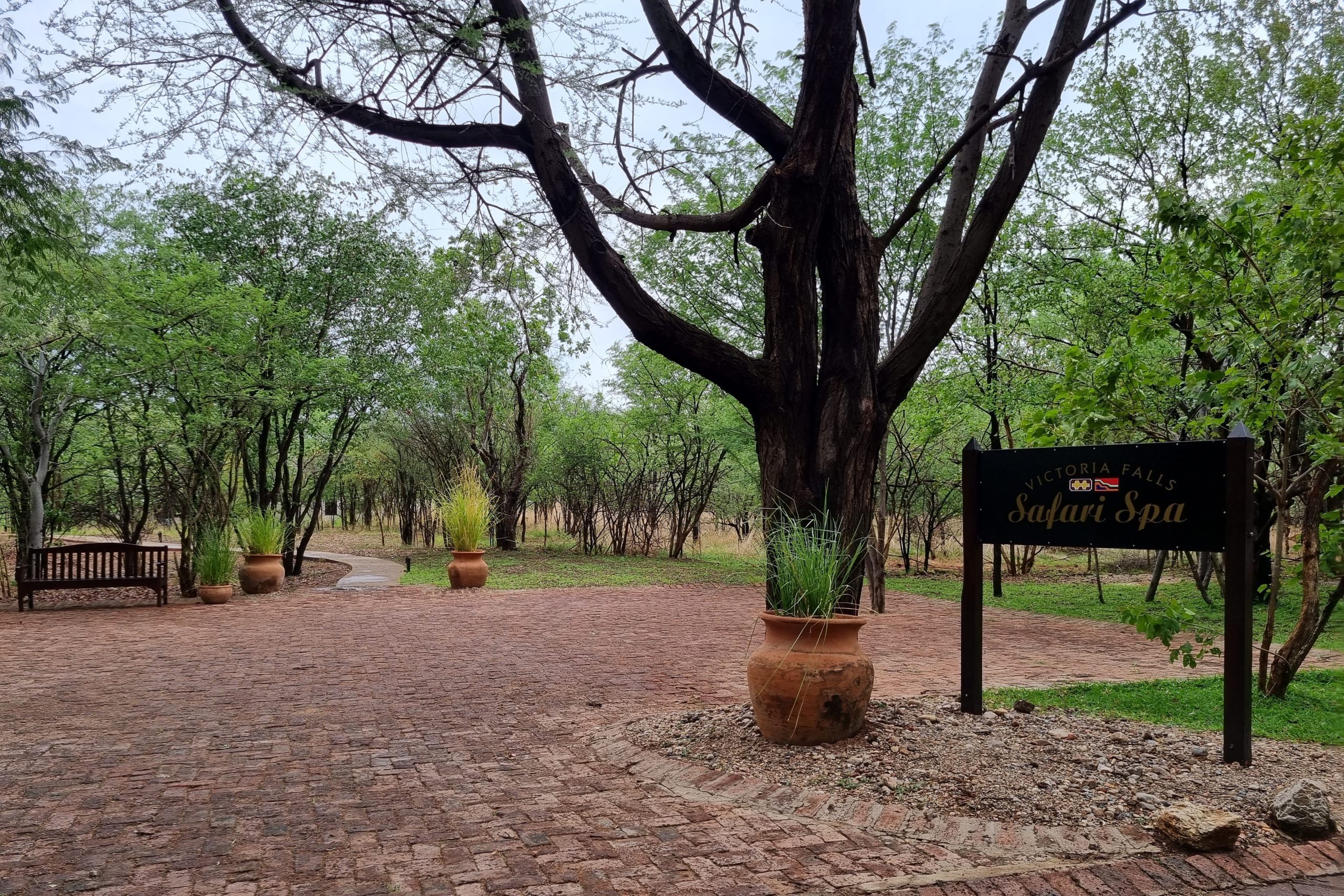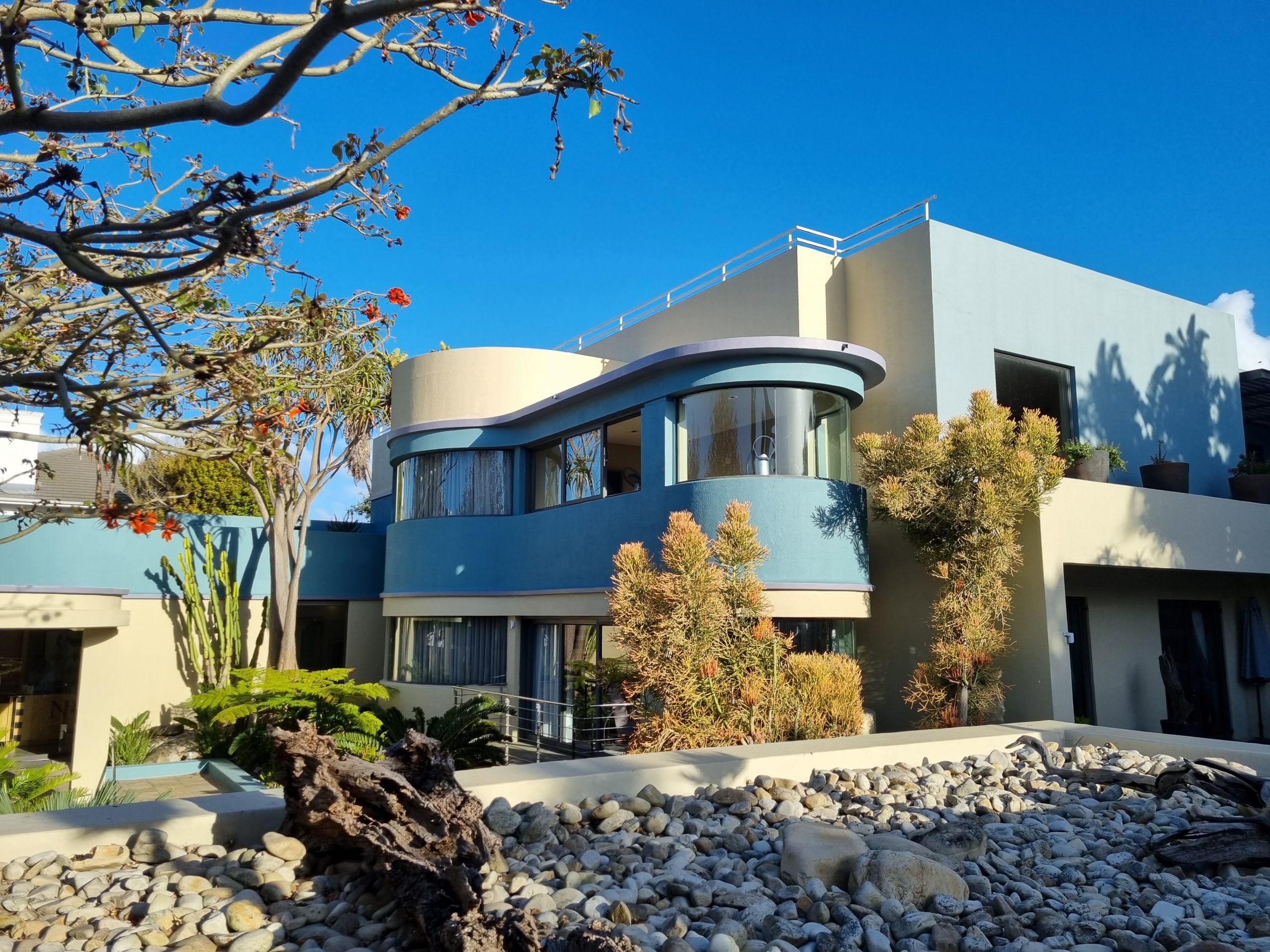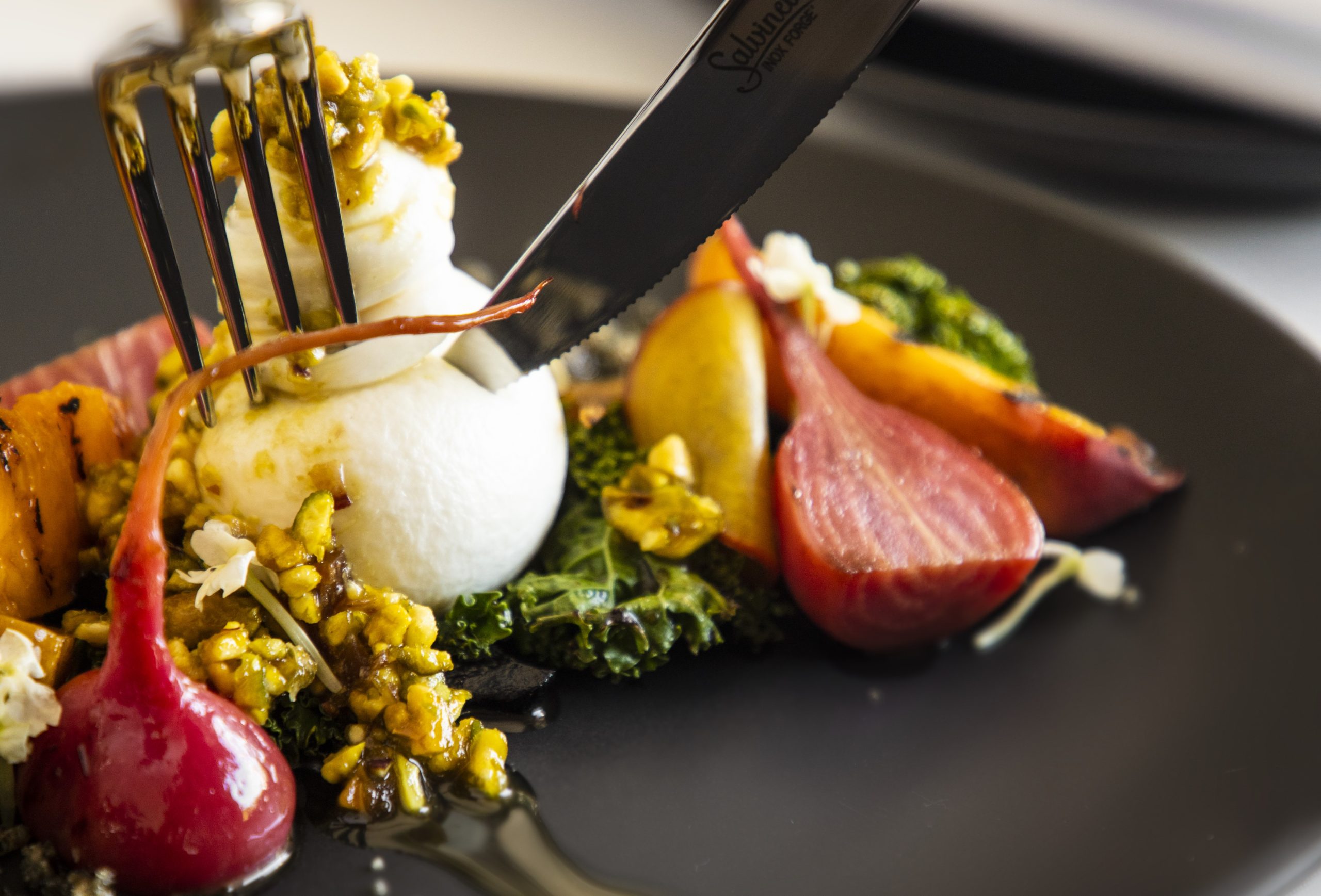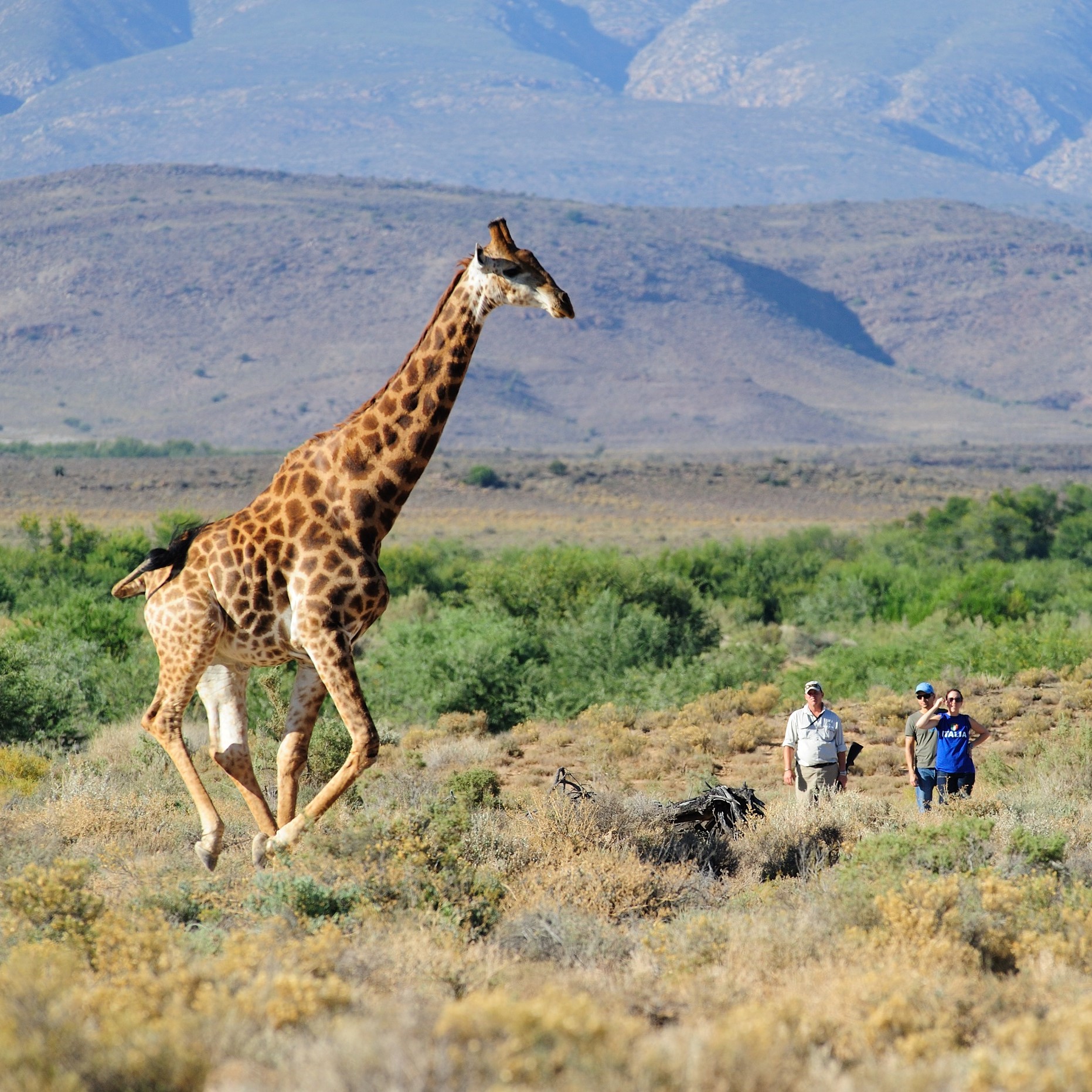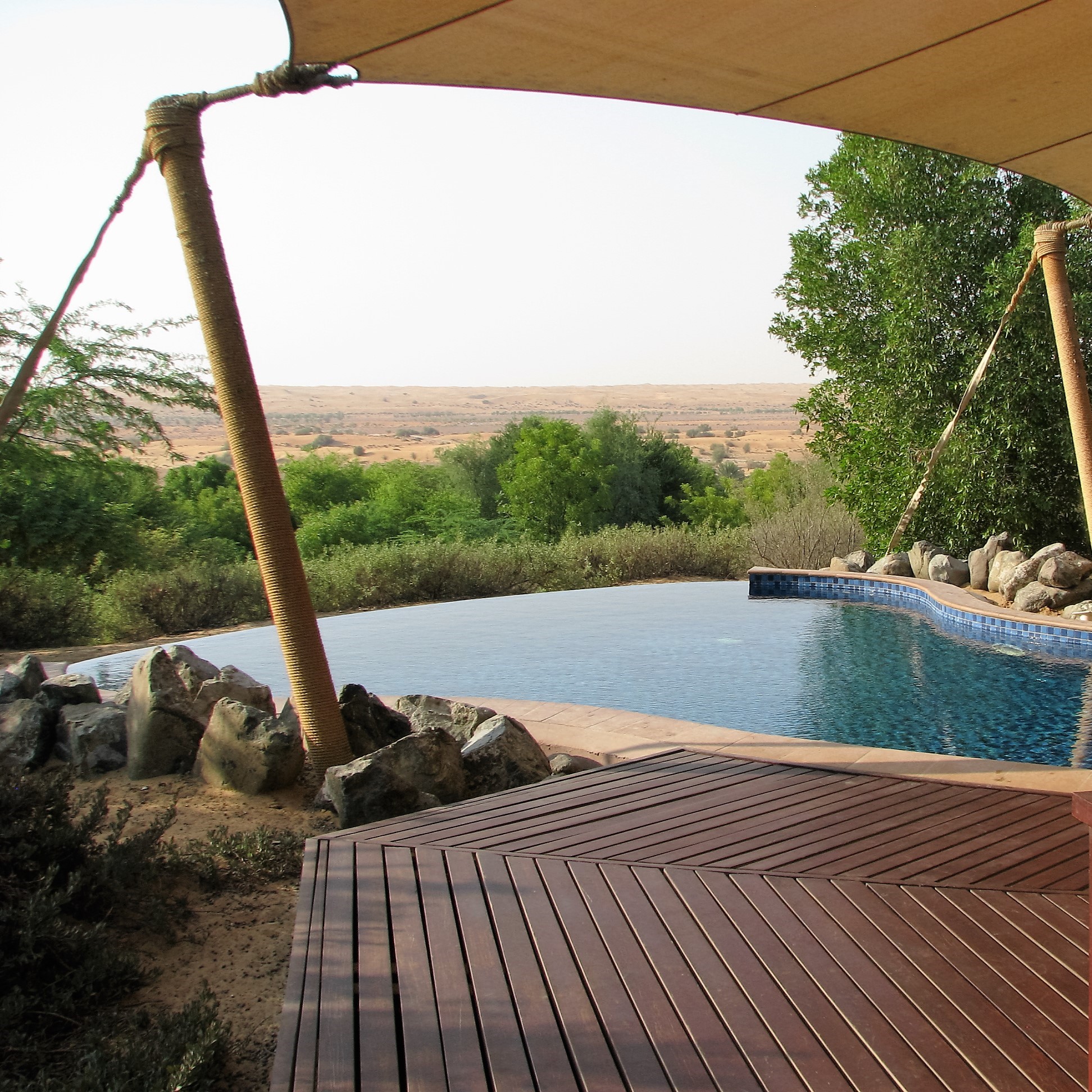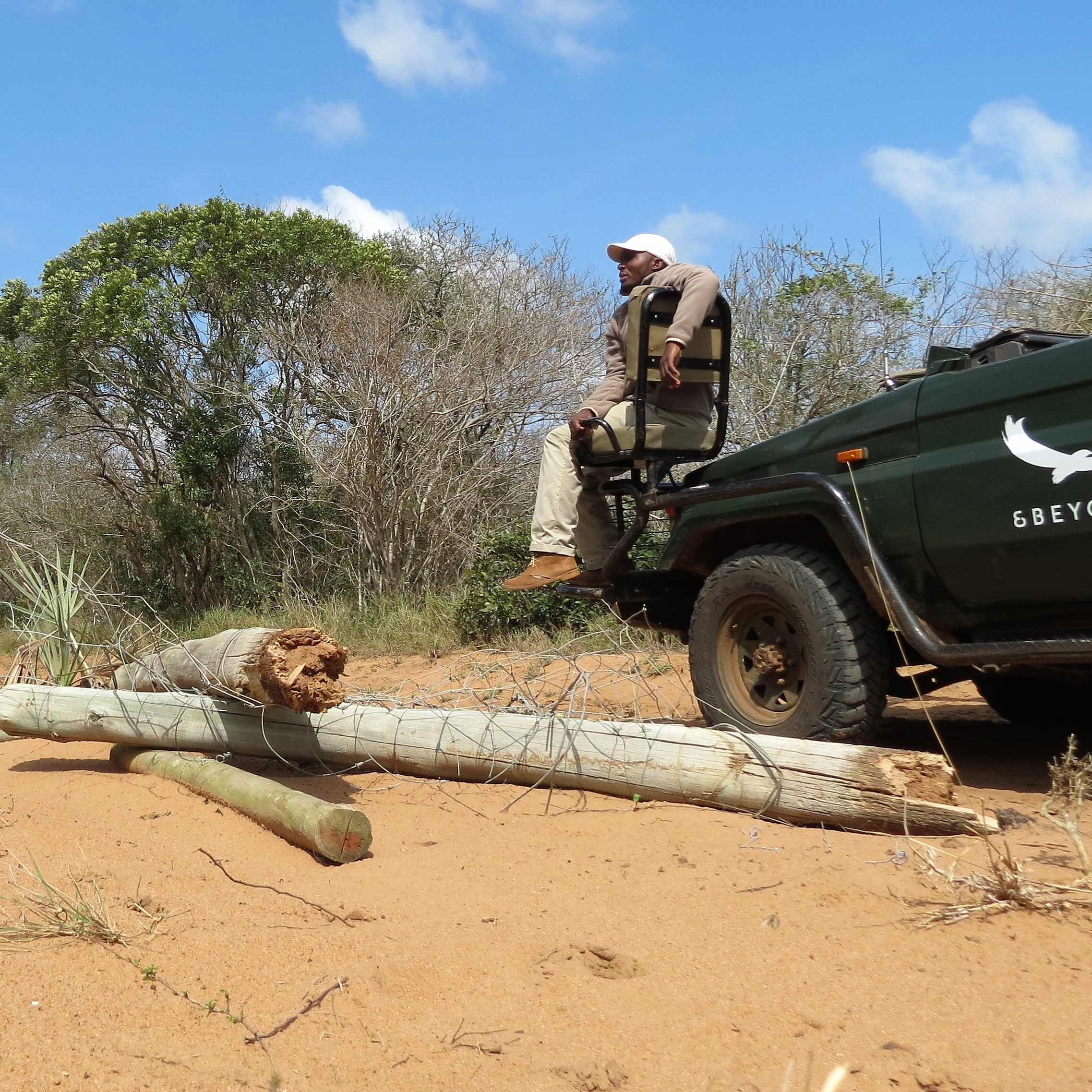DREAM DIARIES CHAPTER TWO: By Chelsey Hale
Stonehill River Lodge has long-held its quiet corner along the Breede River in the Western Cape. Settled close to the town of Swellendam, this is just the place to go should you want to escape the world for a while. Just picture it: jaw-dropping mountain views, gardens brimming with giant aloes and Milkwood trees. Spacious villas with crackling fireplaces and hidden nooks to put your feet up and savour a crisp glass of Chenin.
Stonehill really is a special kind of place. However, what makes it so unique is not just the soil on which it stands, nor the stone and timber of which it is built, but rather, the people who have helped bring it to life.
It started with a vision…
At the helm of all operations at Stonehill is General Manager Debbie Nutter and Assistant General Manager Alet Fick. Over the years, this dynamic duo has pioneered the transformation of the property into a haven of sustainability where nothing goes to waste and the surrounding environment is treated with the utmost care.

“Fourteen years ago when we first started working at Stonehill, our vision was always to create a place where people could find their home away from home,” explains Alet. “We wanted people to go back to basics, to re-discover nature and perhaps even parts of themselves.”
During their time managing ‘the farm’, as they call it, both Alet, a former teacher, and Debbie, a reflexologist, have embarked on a range of intriguing projects to preserve and enhance their surrounding environment.
“Stonehill looks very different now to how it was when we first arrived,” explains Debbie. “It was riddled with alien species such as Black Wattle. Since clearing much of it away, the wildlife is slowly returning, which to date includes genets and bat-eared foxes.”

Their efforts over the years have been slow but incremental. Starting with worm farms and bokashi systems, they now run a fully functional farm-to-fork staff garden and indigenous nursery on-site. Every activity on the property is executed with intention, ticking more than a few sustainability boxes, quite often, unintentionally.
“As part of our vision for Stonehill, we simply wanted people to fully appreciate the harmony of nature with all their senses engaged,” she adds.
“We don’t have a putt-putt course or serve cocktails with little umbrellas. Stonehill just isn’t that type of place. Perhaps the property will have all those bells and whistles one day if we leave, but let’s hope not!”
Life on ‘the farm’
So, if not putt-putt or cocktails, what is there to do at Stonehill?
According to Debbie and Alet, this is the kind of place to do as much or as little as you like.
“It’s the kind of place to run, jump and roll. To feel the crunch of fresh grass under your feet. To get back on your bike, or raft down the Breede River with nothing but the soft twitter of birds to distract you,” Debbie explains.
“Our ideal guests are those yearning for the outdoors or nature-lovers looking for a place where they can just be,” says Alet. “We also have our Dream Xplorers programme encouraging kids to engage in outdoor activities instead of staring at a screen all day.”
Those who want to move with the pace of nature can join guided walks led by Neil, Stonehill’s river and field guide who offers guests the chance to see, smell and feel what’s going on around them.

“He introduces our guests to a wide range of indigenous flora growing around the property,” says Debbie. “We have a wide variety of natural Kankerbos growing naturally on the farm, as well as plenty of other species our older South African guests might have grown up with but have forgotten about.”
She further explains that each guided excursion ends in the nursery, where guests can purchase plants to take home with them, along with all the knowledge they have acquired throughout their stay.
Yvette, who she describes as Swellendam’s ‘herbal genie’, also drops by to host interactive workshops where she shows guests how to make teas and home remedies from medicinal herbs.
“We also currently have eight beehives on the property which often piques the interest of our guests,” she explains. “These are handled by Neil, who admittedly looks quite comical in his beekeeper suit, being almost seven feet tall!”
Although they’ve harvested some beautiful honey recently, she explains that they are careful to do so respectfully and take just what they need.

The Stonehill family
While Debbie and Alet are seen as the drivers behind Stonehill as you see it today, both insist that nothing would have been possible without their team.
“Our staff are unbelievable. They make our guests feel honoured to be here and put so much care into their work,” explains Debbie. “Most of us have been together since we started, and we treat them with absolute respect. In turn, they treat our guests and us with respect.”
She also highlights how one’s staff is the most crucial element of any business: “Our team members can’t genuinely care for our guests if they don’t feel cared for. For Stonehill to run like a well-oiled machine, my team needs to come to work knowing that they are supported.”
Over the years, Debbie and Alet have become instrumental in providing additional assistance for the families of their staff members. “We realised that for them to work efficiently, they also needed peace of mind that their families were okay, too. If there is an issue at home, we’ll take the time to go out and help if possible.”
Along with initiating a staff fund during the pandemic, Marie Joe, who offers food delivery to guests, also prepares healthy meals for the Stonehill staff to enjoy.
“Every Tuesday, she whips up a massive soup or curry for everyone using veggies from the garden. She serves it with fresh bread baked by our laundry ladies,” explains Alet.
“She also teaches our staff about the health benefits of certain herbs and food such as garlic and ginger, which grow naturally in the area. When you walk past the kitchen, you can often hear the group of ladies chopping away whilst chatting amongst themselves.”
Alet further emphasises that they don’t like wastage and that their staff have also slowly adopted their values around preserving food and living with a lighter footprint.
“We are conscious of setting an example for our staff who in turn share these teachings and practices within their own households and communities.”

Not just a reservation number
Debbie, Alet and their team’s long term efforts at Stonehill has also made a noticeable impression on guests who continue to return year after year.
“We’re genuinely interested in our guests,” explains Debbie. “We know their stories and miss them when they leave. We also tend to know what they are going through, much like one would a close friend or family member.”
Alet further adds that they’ve managed to create an atmosphere where guests genuinely feel at home. “It’s a place to just breathe and feel at peace,” says Alet.
Interestingly, Debbie and Alet also admit to not having an official office at Stonehill.
“We don’t hide behind doors or desks. We are right there and always present,” explains Debbie. “We offer a personal touch to ensure that each guest feels welcomed and cared for, and not just like another reservation number.”
As the General Manager, she admits her leadership approach is entirely hands-on. “We have meetings in our staff bus, and I’ll often be out handing fishing rods to the kids while Alet does her rounds checking in on guests to see if they need anything.”
Come alive again!
A signature feature at Stonehill is the seven-circle medieval labyrinth constructed prior to Covid-19 by Terry De Vries, whom Debbie describes as their ‘labyrinth guru’.
Unlike a maze, a labyrinth has no blind alleys or dead ends as mazes have. Labyrinth walking is an ancient practice used by many different faiths for spiritual centring, contemplation, and prayer.

“When entering the serpentine path of a labyrinth, one should walk slowly while quieting the mind, focusing on a spiritual question or prayer,” she explains. “The space where our labyrinth stands was once as dry as a desert. In the last year, it has turned back into a vlei, and our guests now have a unique experience of walking it in water during the winter months.”
When asked by Terri whom they wanted to honour with its construction, Debbie explains how they immediately had someone in mind.
“We were told by previous guests that long before we took up management at Stonehill, there used to be an elderly gentleman, who was a custodian of the land, often seen wandering about the area who made it quite clear he wasn’t happy with the previous state of the farm.”
To pay homage to him, they requested the entrance to the labyrinth be created on the north side, which traditionally honours the ancestors.

“There was a lot of effort put into that sentiment. I must say I haven’t thought about it until now, but ever since we’ve had the labyrinth, the water level has risen. The area is completely regenerated, so hopefully, we did what he would have appreciated!”
“It’s like the whole area has come alive again!” says Alet, a statement that wholly captures the sentiment of what they both want for those who visit Stonehill to embrace. “We want our guests to go home with a vision of what life can be. To us, this is a place where you come alive again and live in harmony,” she adds.
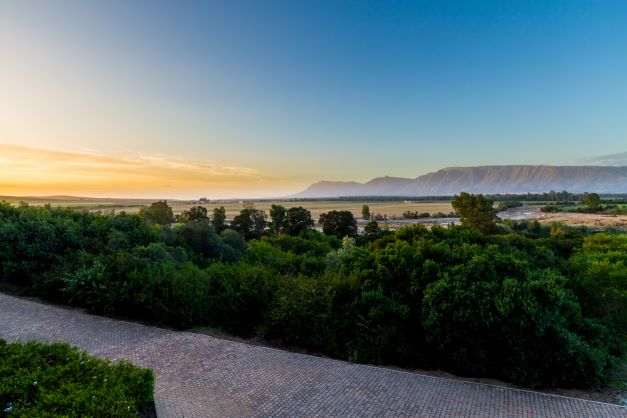
In a sense, Stonehill has become just that — a hidden wonderland where we can all learn not just how to live, but to live well with purpose and intent.
Read the story in Responsible Traveller Digital Mag HERE and Dream Diaries Chapter One HERE





